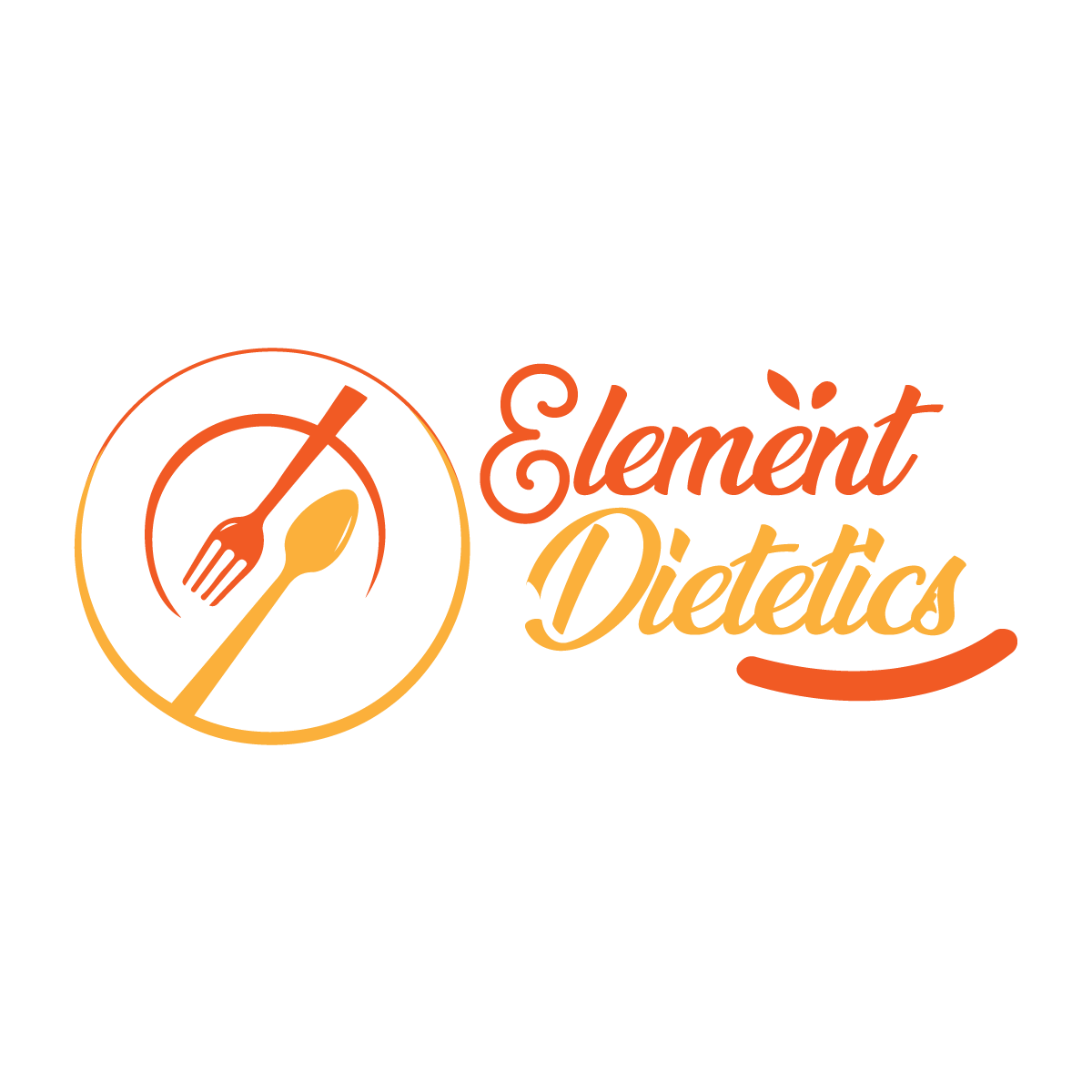Dietitian vs. Nutritionist
Hi everyone, I'm Lejla, an Accredited Practising Dietitian (APD) and founder of Element Dietetics. Have you ever wondered about the difference between a dietitian and a nutritionist? You're not alone! It's a question I get asked all the time. Welcome to my blog, where I'll be sharing my knowledge and passion for nutrition with you. Today, let's break down this common confusion.
Understanding the Professions:
Think of it this way: All dietitians are nutritionists, but not all nutritionists are dietitians. In Australia, the path to becoming a nutritionist can vary. A common route is through a university nutrition degree, typically lasting around three years. To become a dietitian, a master's degree is required, with a nutrition or related health science degree as a prerequisite. This means all dietitians have the education of a nutritionist as a base, or, to look at it another way, all university-qualified nutritionists have the foundational knowledge of a dietitian, however they may choose not to pursue further study to specialise in medical nutrition therapy."
Nutritionist Qualifications and Scope:
Nutritionists play a vital role in promoting general health and wellbeing through food and healthy lifestyle advice. They offer information on healthy eating, meal planning, and food choices for the general population, following the Australian Dietary Guidelines. While the title 'nutritionist' isn't legally protected in Australia, many qualified professionals hold relevant degrees. It's crucial to verify a nutritionist's credentials and consider their registration with professional bodies like the Nutrition Society of Australia (NSA). Nutritionists concentrate on promoting overall health through food and lifestyle guidance, providing valuable advice on general healthy eating. However, they are unable to provide medical nutrition therapy or prescribe dietary treatments for specific medical conditions.
Dietitian (Accredited Practising Dietitian - APD):
Dietitians are healthcare professionals specialising in evidence-based dietary advice and medical nutrition therapy. The qualification process takes 4-6 years, including significant practical experience with real patients under supervision. APDs translate scientific research into personalised dietary plans for both healthy individuals and those with medical conditions. 'Dietitian' is a protected title in Australia. To become an APD, we must complete a university degree in nutrition and a master's in dietetics, including supervised practice. We then register with Dietitians Australia (DA) and undergo a year of mentorship. Ongoing professional development is required to maintain our APD status, ensuring we stay current with research and practices. APDs are trained to provide medical nutrition therapy for a wide range of conditions, including diabetes, heart disease, food allergies/intolerances, gastrointestinal disorders, and cancer etc. We work in various healthcare settings and also provide general healthy eating advice and education.
Why Does This Matter For You? - Choosing the right professional depends on your needs:
Making the right choice for your needs
General Healthy Eating: If you're seeking general guidance on healthy eating, meal planning, or nutrition advice, a university-qualified nutritionist may be suitable. It’s essential to verify their qualifications and experience to ensure they align with your specific health goals.
Medical Conditions and Specialised Dietary Needs: If you have a medical condition (such as diabetes, heart disease, gut issues, or high cholesterol) or require a specialised dietary plan, an APD is the recommended choice. APDs possess the training and expertise necessary to provide safe and effective medical nutrition therapy tailored to your unique needs. Furthermore, most dietitians have a strong understanding of weight management principles grounded in evidence-based practice, focusing on fostering a positive relationship with food and avoiding fad or extreme diets. In summary, choose an APD for personalised and specific dietary advice related to a medical condition or for evidence-based guidance.
Explore our comprehensive dietitian services at Element Dietetics to discover how we can help you achieve your health and wellness goals. Visit our services page for more information.
